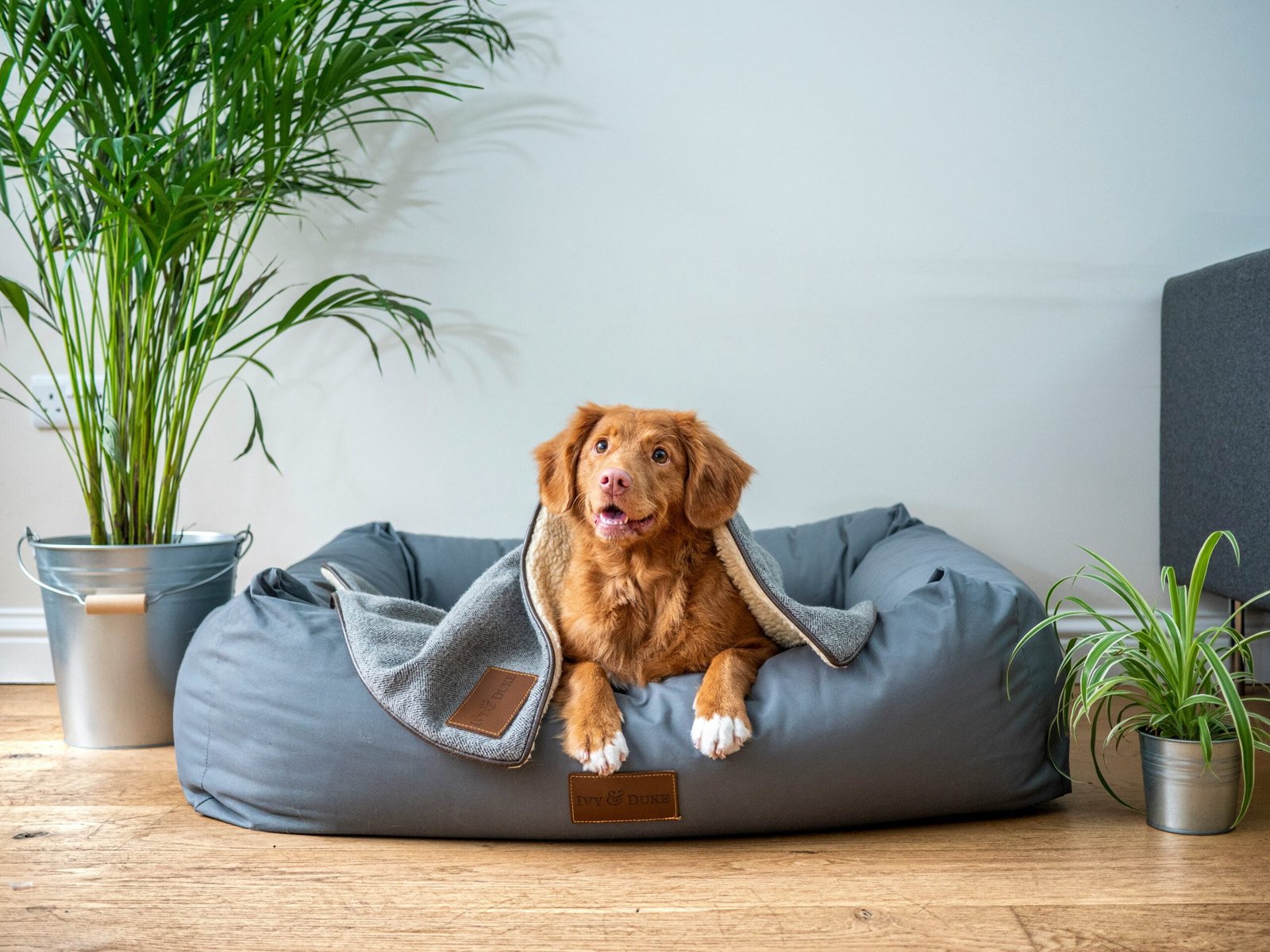
How to Treat a Limping Dog at Home
Identify the Cause of Limping
When you notice your dog limping, the first step is to identify the cause. Check for visible injuries such as cuts, swelling, or foreign objects stuck in the paws. Make sure to examine the leg gently to avoid causing more pain. It’s crucial to understand whether the limp is due to a minor issue or if it might require professional medical attention.
Provide Immediate Relief
Once you’ve identified the cause, you can begin to provide immediate relief. For minor injuries, you can clean the affected area with mild antiseptic to prevent infection. Applying a cold compress can help reduce swelling and alleviate pain. Ensure your dog rests and avoids putting weight on the injured leg. Using a soft, comfortable bed can help them stay off their feet and recover more quickly.
Monitor and Follow Up
After providing initial care, it’s important to monitor your dog’s condition. Keep an eye on their behavior and any changes in their limping or overall health. If the limp does not improve within a few days or if you notice additional symptoms like fever, excessive swelling, or severe pain, it’s time to consult a veterinarian. Professional medical advice is crucial for more serious injuries that may require specialized treatment.
Prevent Future Injuries
Preventing future injuries is just as important as treating the current limp. Regularly trim your dog’s nails, check their paws for foreign objects, and maintain a safe environment free of hazards that could cause injury. Additionally, keeping your dog at a healthy weight and ensuring they get appropriate exercise can help minimize the risk of joint and muscle issues in the future.
American Dingo animal behavior Budget Tips canine behavior Canine Care Canine Health DIY pet projects dog behavior Dog Breeds dog care Dog Care Tips dog exercise Dog Food Dog Grooming dog health Dog Measurement dog nutrition dog ownership dog potty area Dog Training Dog Wound Care Family Pets Hunting Dogs lipomas in dogs newborn puppy care obedience training outdoor pet care Pet Care Pet Care Tips Pet Health Pet Loss Pet Safety pet tips pet training Positive Reinforcement Potty Training Puppy Care puppy health Puppy Training Rabies in Dogs Temperature Monitoring Training Tips veterinary advice Veterinary Care Veterinary Tips
Sorry. No data so far.
Leave a Reply
You must be logged in to post a comment.